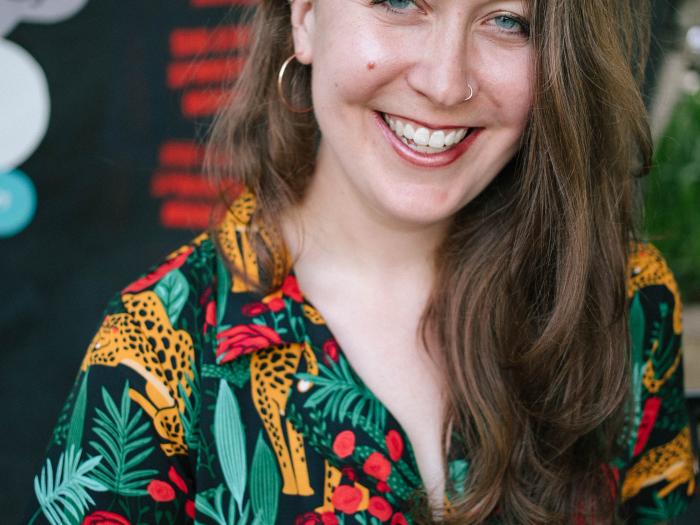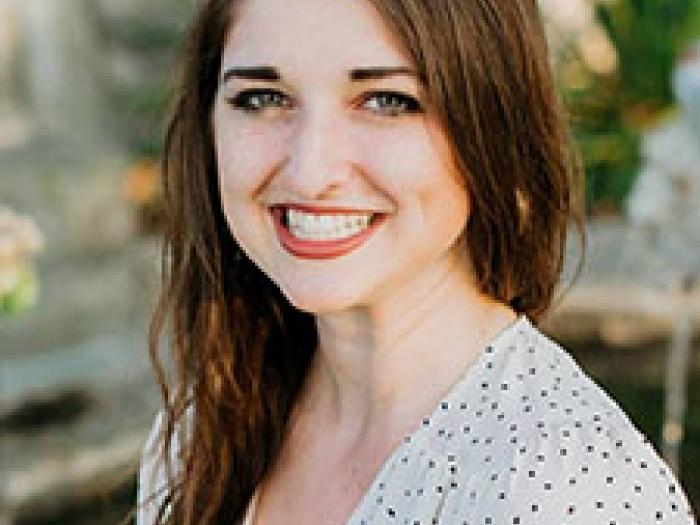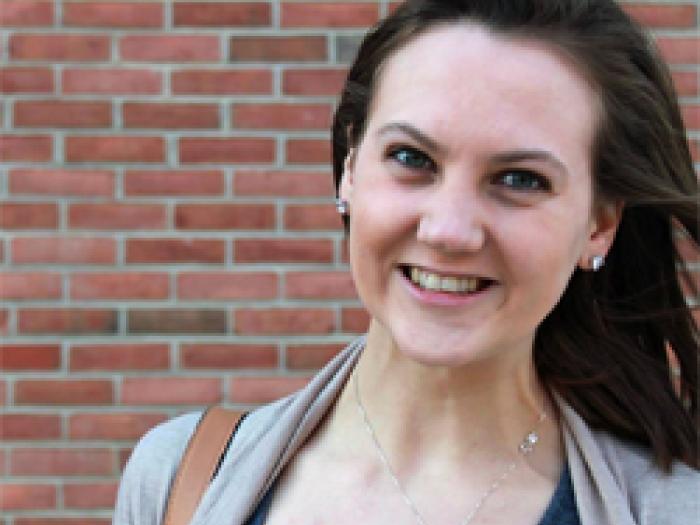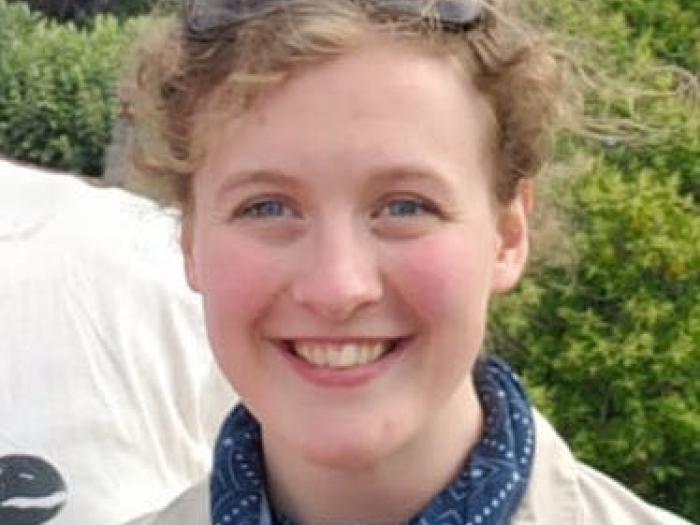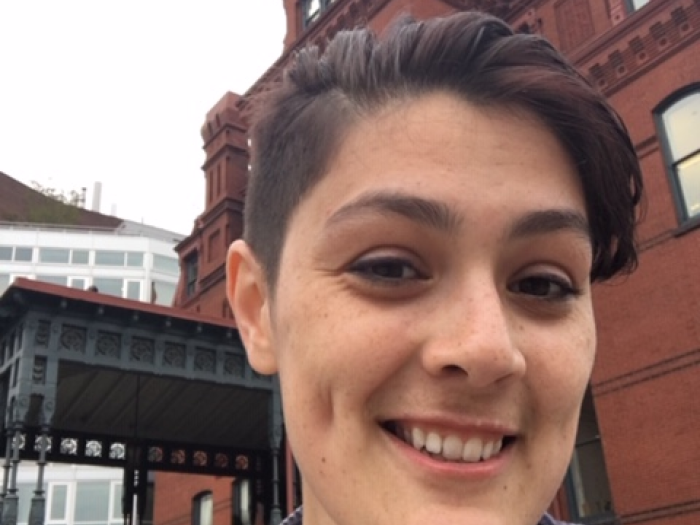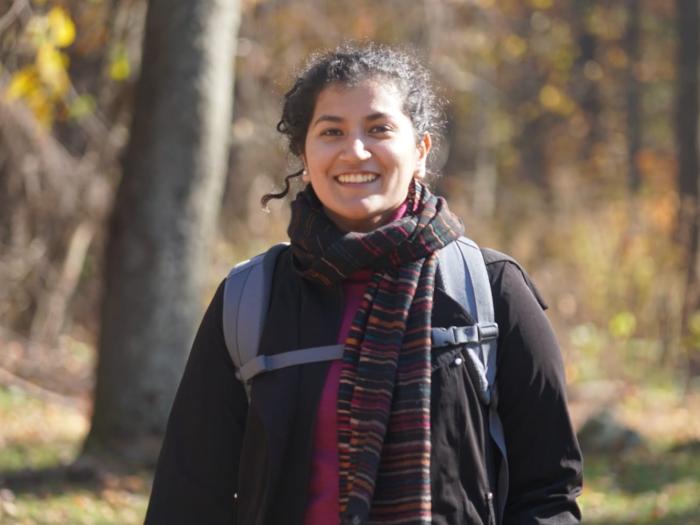Peer Advocates
The Anthropology Peer Advocates Group is a student-led group that supports sociocultural, archaeology, and linguistic students, postdoctoral researchers, and faculty. The group uses a peer-to-peer support model to cultivate a departmental culture that practices and incorporates values of diversity, equity, and justice, especially in the areas of safety, multicultural understanding, and respect for individual dignity and autonomy.
If you are interested in joining, or learning more, feel free to contact a member of the team or email anthpeeradvocates![]() gmail [dot] com (anthpeeradvocates[at]gmail[dot]com).
gmail [dot] com (anthpeeradvocates[at]gmail[dot]com).
Our History
The Anthropology Peer Advocates were established in 2017, and gained recognition as an official organization by GW in 2020. The group was created in response to reports of harassment and assault in the field of Anthropology, with the goal of dealing with issues and instances of harassment and assault at GW. In 2019, the group decided to expand beyond sexual trauma with the recognition that these issues exist within a broader continuum of violence, discrimination, bias, and structural oppression. The goal is to cultivate a safe and inclusive learning environment, one that helps to address issues of inequity through workshops, Brown Bag lunches, and peer-to-peer support structures, modeled on an approach of coalition-building and shared expertise.
In 2020, the group restructured for horizontal governance based on committees. The Administrative Committee coordinates with the department and the university on behalf of the group and provides administrative support to the committees. The Education Committee provides trainings, works to make curriculum more diverse and equitable, and compiles resources to maintain institutional knowledge for incoming members of the department. The Career & Professionalization Committee identifies and organizes opportunities for development and growth, especially in the areas of applied/public anthropology outside of academia. The Fieldwork Committee supports individuals engaging in fieldwork by creating resources and providing peer support, especially in the areas of mental health, fieldwork safety planning, and navigating the field for marginalized researchers. Finally, the Safety & Justice Committee supports survivors of harm and trauma, develops policies and processes to address institutional barriers and harmful practices, and engages in anti-racist efforts to abolish oppressive structures and develop sustainable alternatives.
What We Offer
- Peer advocacy and student support on issues of violence, harassment, access, discrimination or bias
- Networking opportunities, interactive workshops and expert panels to assist with professionalization and career-building
- Workshops, roundtable discussions and Brown Bag lunches on: safety planning for fieldwork; addressing the mental health concerns that might be associated with fieldwork and graduate school; and navigating the positionalities of identity and professionalism, both in academia and the field more broadly
- Materials, resources and support navigating the bureaucracies of the GW administration and ensuring that all students have the educational support they need throughout their program, particularly in unveiling the #HiddenCurriculum of graduate school
Peer Advocate Profiles
The GW Anthropology Peer Advocates act as resources for fellow students, including offering support and information to survivors of sexual abuse. They have received training from GW’s Title IX office to inform students about the university’s Sexual Misconduct Policy and Title IX reporting mechanisms. They are also equipped to provide referrals to on- and off-campus resources available for both sexual misconduct survivors and friends of sexual abuse survivors. Advocates are knowledgeable about strategies to emotionally support survivors of sexual assault and harassment.
If you, for any reason, are unsure whether you have experienced sexual misconduct (i.e. sexual harassment, assault), a peer advocate is also a great person to talk to about what has occurred, why you felt uncomfortable and will be able to provide you with resources to help you along.
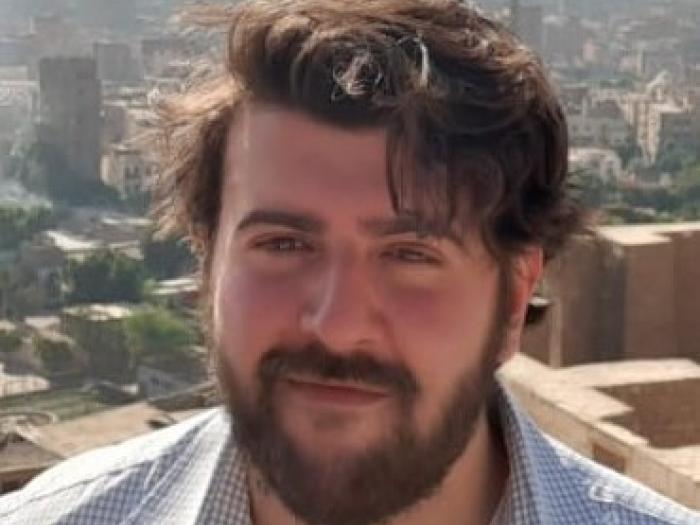
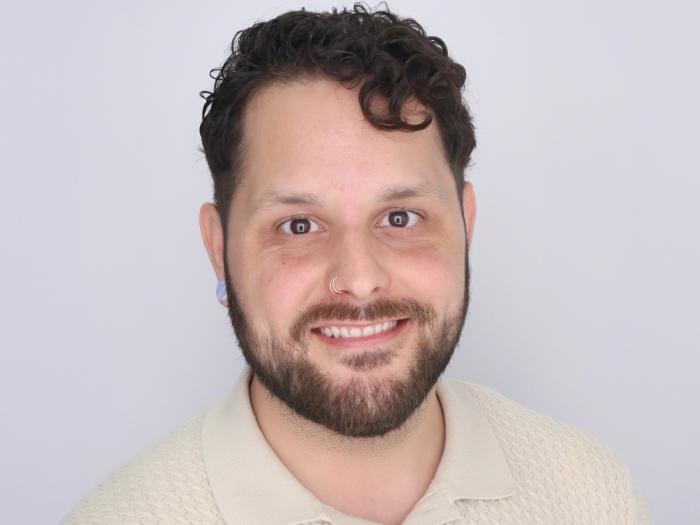
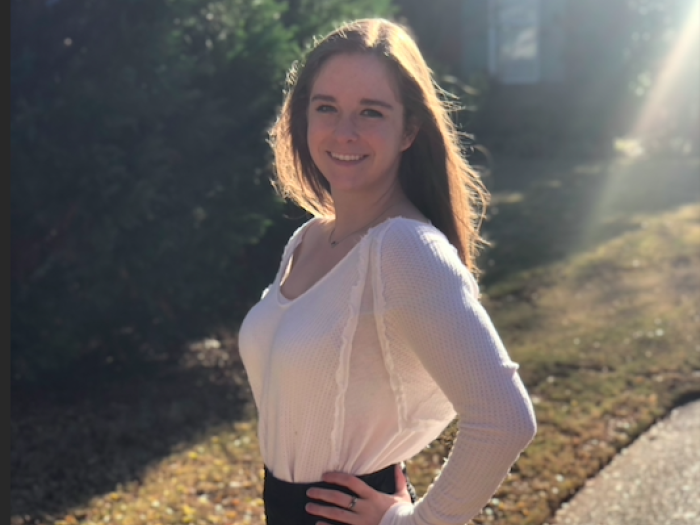
Related Campus & Community Resources
- GW Colonial Health Center
- GW Counseling and Psychological Services
- GW Haven
- Network for Victim Recovery of DC (NVRDC)
- Multicultural Student Services Center
- Disability Support Services
- Title IX Office


